Access:Horror is committed to elevating disabled voices in the genre. Join them in April for two can’t-miss virtual events.
Being deemed “disabled” was a huge blow to my self-esteem, my ideology, and my place in the workforce. I wasn’t sure what or how I would do anything to contribute to society when I felt so limited. Thus, writing felt like the best way to express myself.
Horror is a beautiful community for this, as it turns out, with some organizations like Access:Horror paving the way for disabled fans and writers to have more visibility and access to the community and its opportunities.
Access:Horror was created as a space to explore and celebrate the history, impact, and future of disability in the horror genre through conversations, connections, and various artistic forms, including film.
More prevalent than you might have imagined, Access:Horror shares data that 61 million people in the United States — one in four adults — have a disability (either physical, sensory, cognitive, mental health, or otherwise).
Their mission is to embrace horror’s nature as an agent of change and elevate discourse that uplifts marginalized creators and gives them space to create new work that imagines new worlds.
Access:Horror began as a virtual film festival and summit that celebrates disability, accessibility, advocacy, and genre filmmaking.
The inaugural event took place last year on July 8, 2023. Billed as “two days and two fabulous nights of horror in the virtual space,” it featured short films curated by Fantastic Fest, Superfest Disability Film Festival, Nyx Horror Collective, and Final Girls Berlin Film Festival. The festival also included academic panels, special appearances, and filmmaker Q&As.
For just $20, attendees could purchase an all-access pass to 12 panels and 16 films, including bonus content.
While details about the 2024 festival have not been announced, Access:Horror has already announced a couple of additional events kicking off next month to discuss disability in horror.
On April 9th, they will present a panel called Tropes and Traps, a conversation about how a lack of representation on the screen and repetition of the same tropes in the genres of horror and documentary allows damaging cultural attitudes to persist around disability. This panel talk with notable filmmakers from the disability community will discuss how these tropes harm us all and how we can change the narrative.
Presented in partnership with The Lincoln Center and the ReelAbilities Film Festival (New York) — the largest festival in the world dedicated to showcasing ground-breaking films by and about people with disabilities, this virtual event is free to attend, but registration is required.
On April 13th, titled, tune in for the Our First Priority virtual reunion presented by Access:Horror. The event, taking place over Zoom, includes a screening of the horror short Our First Priority about medical gaslighting, directed and written by documentary filmmaker Ariel Baska. The short won the BAFTA-qualifying Advocacy Award from the Superfest Disability Film Festival. It highlights one girl’s traumatic medical experiences and the angels who keep the universe in balance.
Attendees will also screen the behind-the-scenes documentary, The Devil in the Details: The Making of Our First Priority. That will be followed by a live conversation Q&A with the Our First Priority cast and crew.
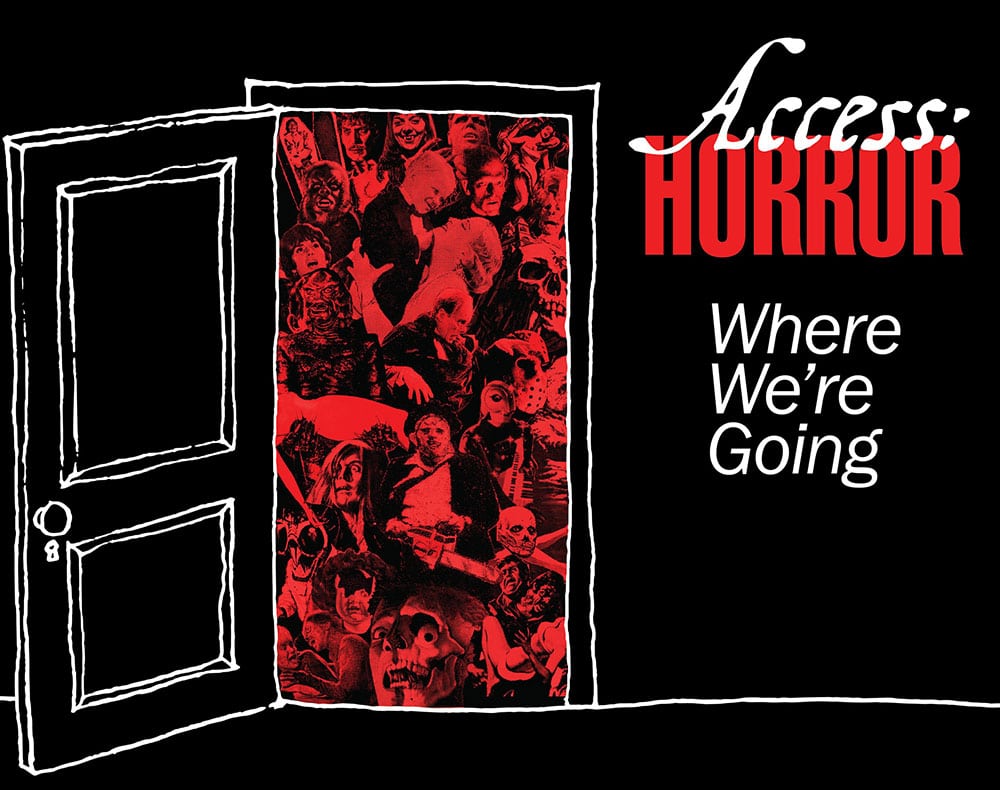
If you can, join this fantastic, diverse group of people and explore disability’s place in horror.
For me and those of you like me, Access:Horror is committed to helping us feel included in the conversation — and in a space meant to bring in as many open, willing eyes as possible.
Follow Access:Horror on social media. They are on Instagram at @accesshorror. You can also visit their website at accesshorror.com for more information on the festival and disability in the writing and horror spaces.


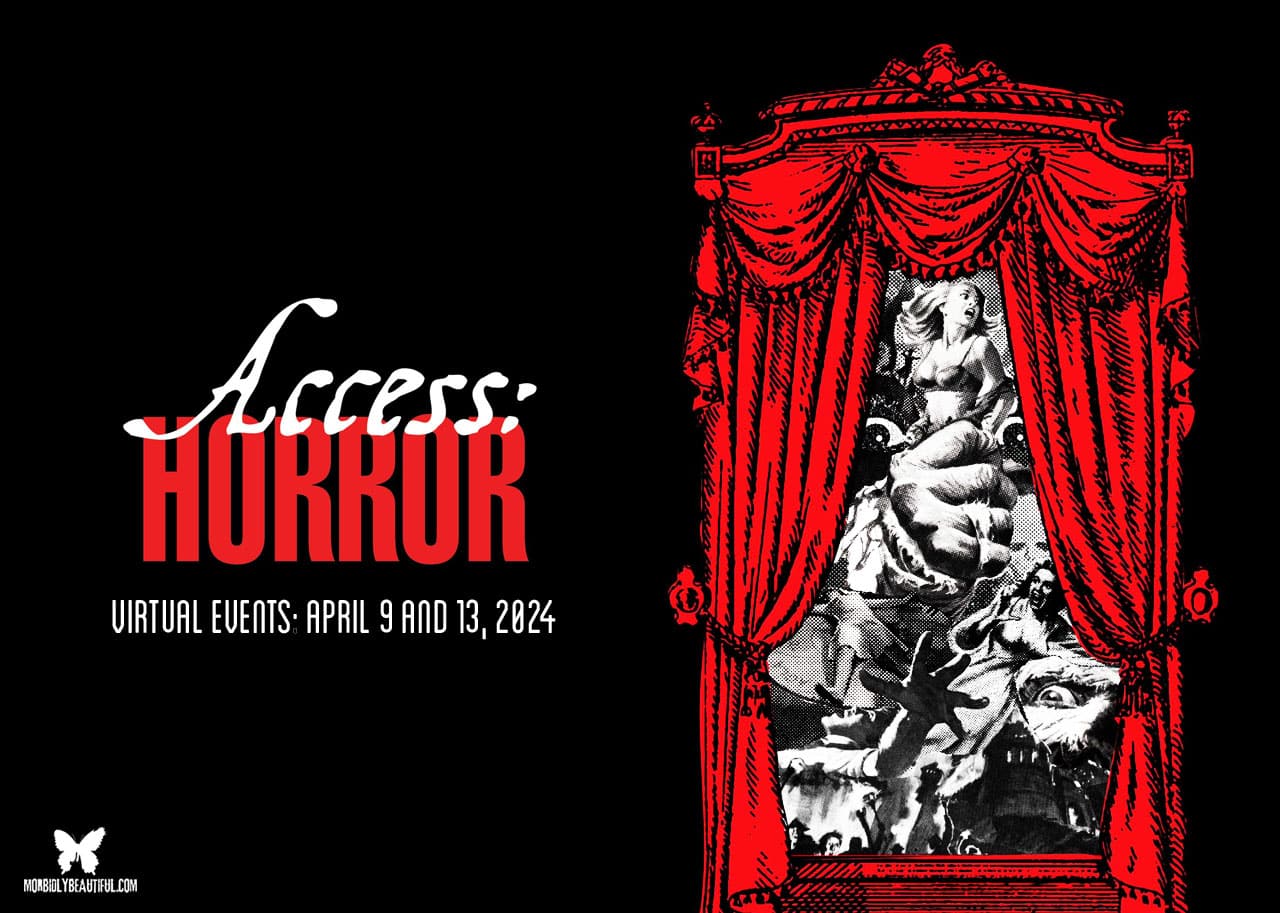
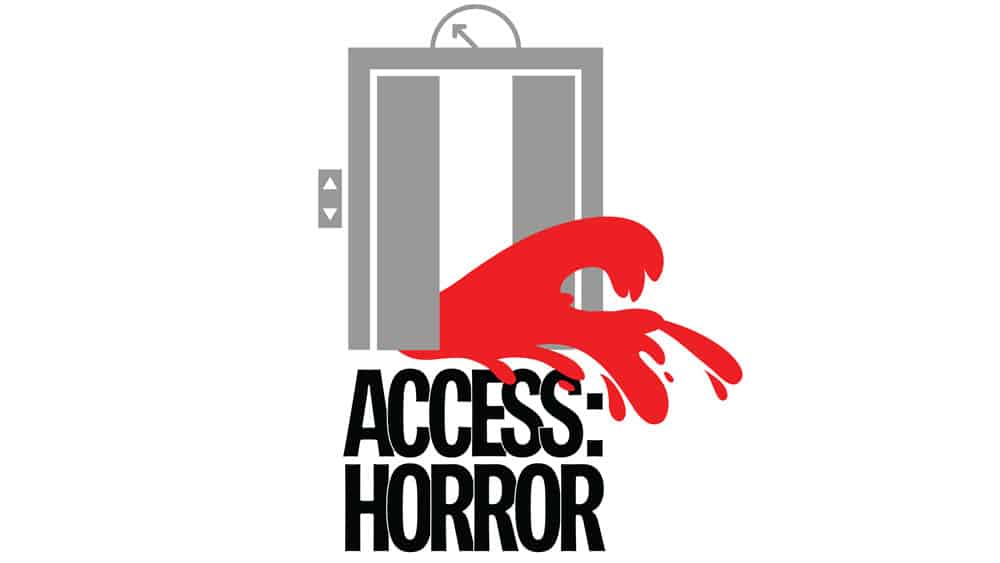
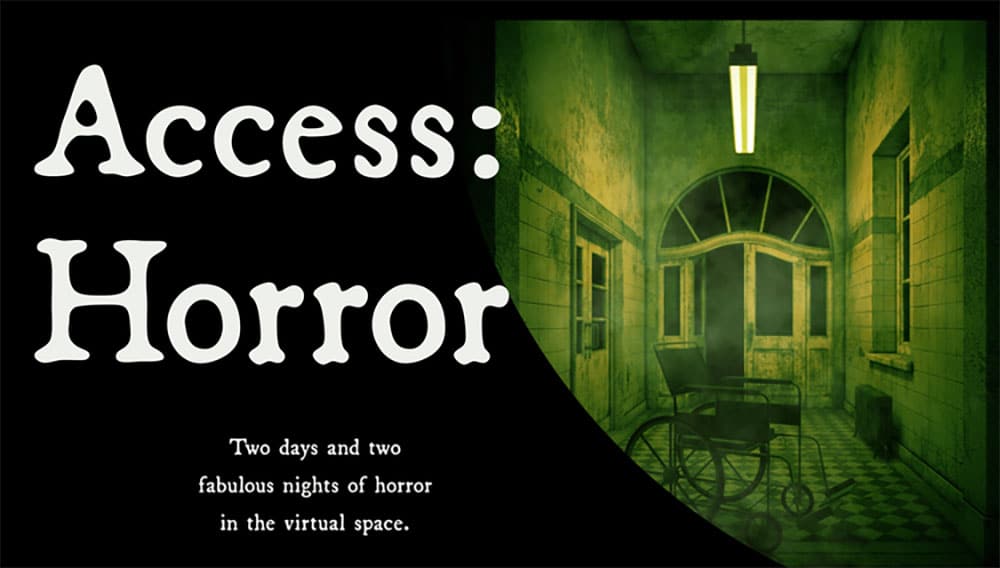
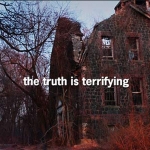
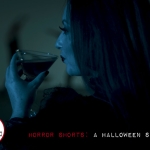

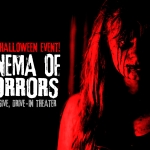





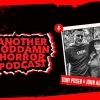
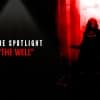
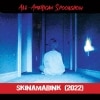
Follow Us!